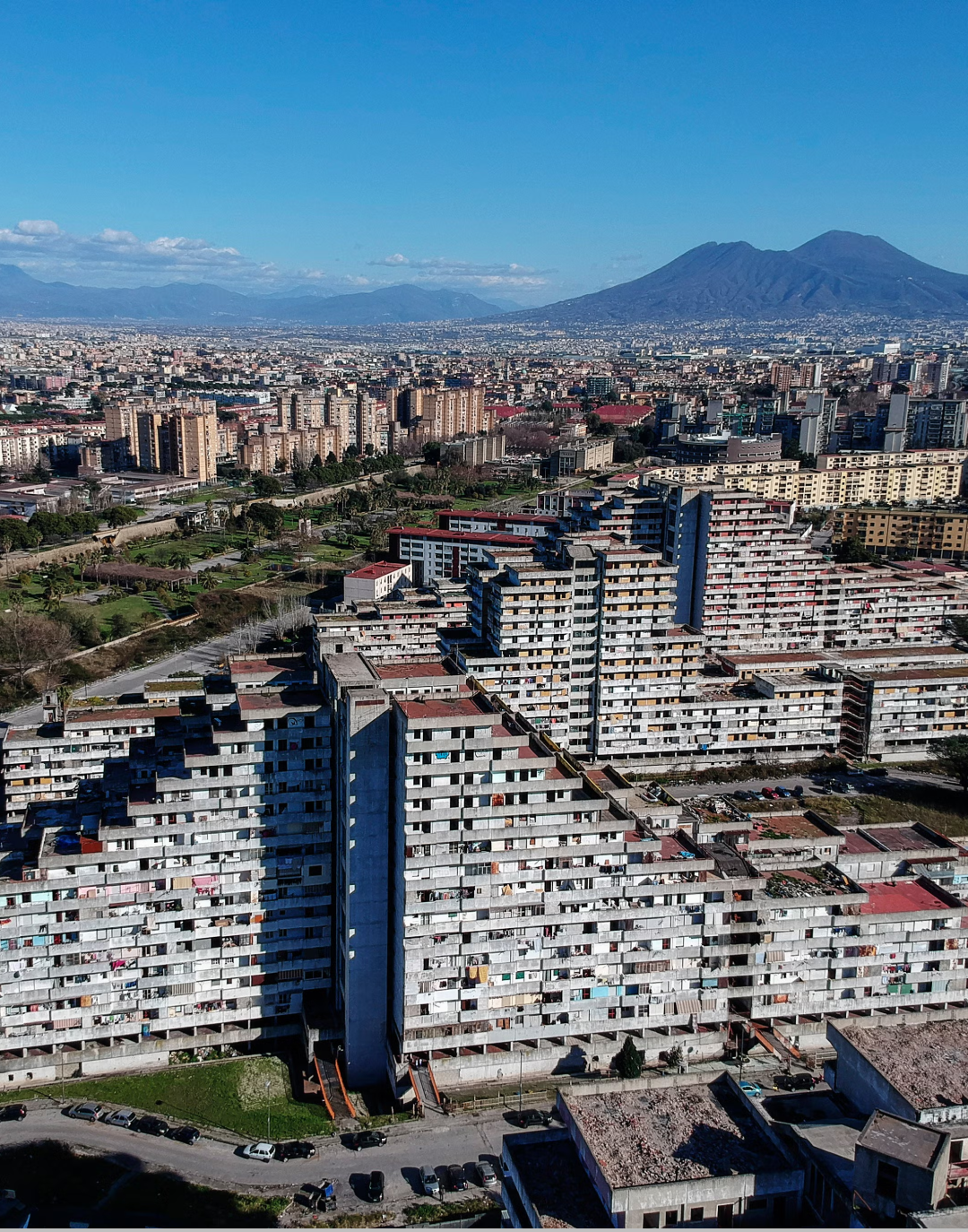
Is there a solution to overtourism? A series of tips for more sustainable tourism
Not long ago in Barcelona, thousands of people protested against the excessive presence of visitors in the city and the growing dependence of the local economy on mass tourism, increasingly perceived as an unsustainable and harmful phenomenon. Barcelona, with its 1.6 million inhabitants and 30 million annual tourists, is indeed one of those European locations where the majority of tourist flows tend to concentrate: the arrival of so many visitors in a single territory, often during specific seasons, brings – along with economic opportunities – also a series of problems that, in fact, end up fueling resident protests. Generally, it is the responsibility of local administrations and central governments to foresee measures to limit the negative impact of tourism, but even on an individual level one can contribute to improving the situation. In recent years – for a variety of reasons – people, especially young people, have become more aware of the importance of traveling sustainably, not just from an environmental standpoint. The Center for Responsible Travel, one of the most important international organizations dealing with this issue, has also compiled a series of behaviors to become more responsible tourists, depending on the type of trip: here are the main tips.
Guide to Sustainable Tourism
@unep With tourism numbers rapidly increasing, care must be taken to lessen the negative impacts on the environment. #SustainableTourism practices can help ensure travelers can still visit the top destinations while limiting their impact on local environments and the communities that welcome them. #Tourism4SDGs original sound - UNEP
For those who can, choosing to travel off-season is the first recommendation to discourage overtourism and avoid encouraging overcrowding of tourist locations. Additionally, it generally costs less and helps to boost the local economy during periods of the year with lower tourist influx. Another tip is to explore less popular destinations – a form of tourism that can be more rewarding and relaxing than other types of vacations. The type of transport chosen also makes a difference: air travel, for example, emits a lot of pollutants; therefore, when possible, it would be better to opt for destinations reachable by train or car. If concerned about the environmental impact of your trip, bike vacations, hikes, or walking tours are highly recommended. For destinations requiring long-distance travel, airports that are more committed to sustainability can be preferred. Another aspect that significantly affects tourist locations is the type of accommodation chosen. Don’t worry: there are valid, more "responsible" alternatives to Airbnb. In many cities around the world, the service is accused of having encouraged short-term rentals for tourists, which has led to an increase in housing costs for residents. Depending on the type of trip planned, a good idea is to stay in hotels, traditional bed & breakfasts, farm stays, or campsites: they are often family-run and not tied to large tourism multinationals, thus helping to support the local economy.
Another tip is to try to follow, within a certain tourist location, less common paths away from mass tourism. In this sense, it is better to avoid planning the stops of a trip by referring to traditional online guides, which generally simply point out the most popular attractions, contributing to their overcrowding. On the contrary, buying a travel guide (or borrowing one from the library) can help discover more niche attractions – which often turn out to be the most interesting; there are also more refined travel guides than the traditional ones, such as the The Passenger series by Iperborea or LOST iN City Guides. Finally, among those who choose to promote more responsible forms of tourism, the so-called "voluntourism" is very popular: these are programs – often organized by associations, agencies, or entities active in the sustainable tourism sector – that allow people to live abroad for short periods, contributing to environmental conservation projects that benefit local communities.














































